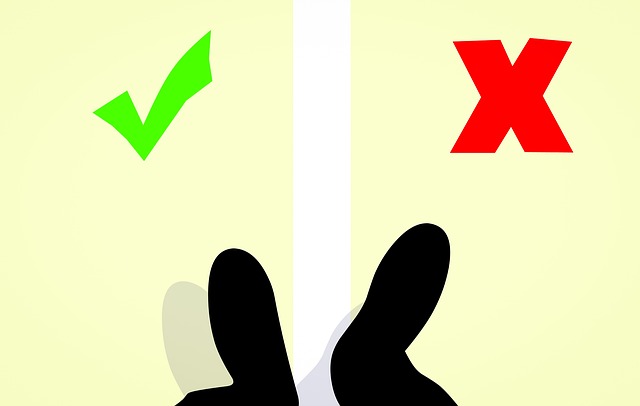Did you grow up believing that “anger is wrong”? Maybe your parents told you “we don’t do anger in this house,” or perhaps these scary feelings prompted punishment or orders to calm down and cheer up. Whether it’s explicitly stated or merely implied, anger’s bad reputation can prevent children and adults from having a healthy relationship with their emotions.
Even if we grew up in an environment where certain emotions were not welcome, it’s essential to cultivate an understanding that any feeling is okay. There’s nothing wrong with worry, jealousy, or anger. This doesn’t mean we give ourselves or our children license to act on all emotions—jealousy over a classmate’s new doll wouldn’t justify snatching it for one’s own. But all of us, no matter our age, should have license to feel what we feel.
Like all emotions, anger provides us with valuable data about our inner lives. Maybe it’s signaling that that there’s a part of you that’s feeling unseen or unsupported. Maybe you’re letting yourself be drawn into frustrating situations. Or the anger might be a sign that your values are being challenged. Investigate your anger with curiosity, perhaps by journaling about it. Ask yourself questions such as:
- Where does this anger stem from?
- What is it trying to tell me?
- What can I learn from it?
- What values does it point to?
- What small step can I take today that will serve those values for the longer term?
Anger can be a particularly difficult emotion for those in caregiving roles. No matter how much love is in our hearts, the constant needs of children or elderly parents can leave our nerves frayed. My advice? Have compassion for yourself. What you’re doing is tough. Recognize when you need to ask for help and consider what type of support you need. Maybe you need a friend to give you a hug or a neighbor to check in on Mom and Dad while you take that much needed vacation. You are at your caregiving best when you look after yourself as well. When you take measures to meet your own needs, everyone stands to benefit. This is Emotional Intelligence. Holding anger in, and not allowing ourselves to feel it, robs us of the ability to free ourselves from passive aggression. Understanding, facing and working though our emotions rather than surprising them or running from them, creates peace and understanding in ourselves and the lives around us.








